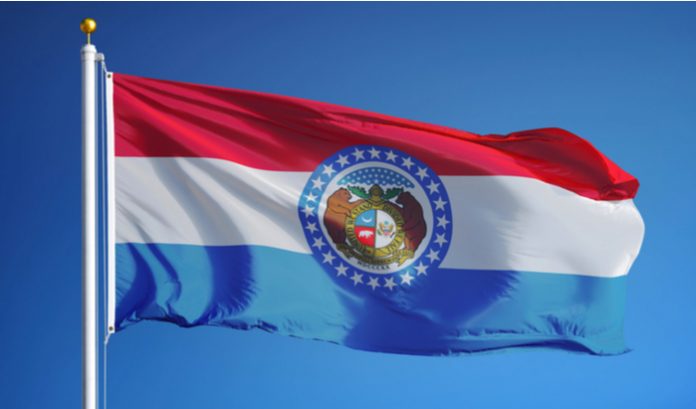The Missouri Lottery has published its financial results for FY2021, revealing it has hit a record sales number as well as increased transfers to the state.
As reported in the Missouri Independent, lottery sales for the period ending June 30 increased by 20% up to $1.8bn, smashing the previous record.
Net profit for the period reached $345m following overheads, retailer’s commission and the payout of prizes as told by Executive Director May Scheve Reardon and Missouri Lottery Commission Chairman Lance Mayfield in testimony to the Senate Economic Development Committee.
At the testimony, concerns were raised surrounding the rise of illegal gaming taking place in Missouri, with senators encouraging lawmakers to take action against those illegal operators.
Reardon provided the committee with photos from 10 locations in the state, including one across the street from lottery headquarters, showing machines crowded into convenience stores.
“I can take you on a tour around the great state of Missouri, you can see illegal gaming is alive and well,” Reardon said, as heard by the Missouri Independent.
Meanwhile, the issue of sports betting arose in the Senate hearing. With the financial aspect of the lottery appearing strong, there is a belief that it is ready to take on new products such as sports wagering. Missouri is yet to legalise sports betting but Reardon noted that 70% of online sports wagering worldwide is conducted by lotteries.
Reardon also cited that 21.2 cents of every dollar spent with the lottery goes to education whereas casinos pay a tax on 21% of the money lost by gamblers, but that is only about 1.99 cents of every dollar wagered in the state’s 13 casinos.
However, Missouri Gaming Commission General Counsel Ed Grewach countered Reardon by explaining that there are regulatory hurdles that need to be tackled before legalisation is considered.
“All the things that you do that drive revenue create some regulatory challenges for us,” Grewach remarked.



























